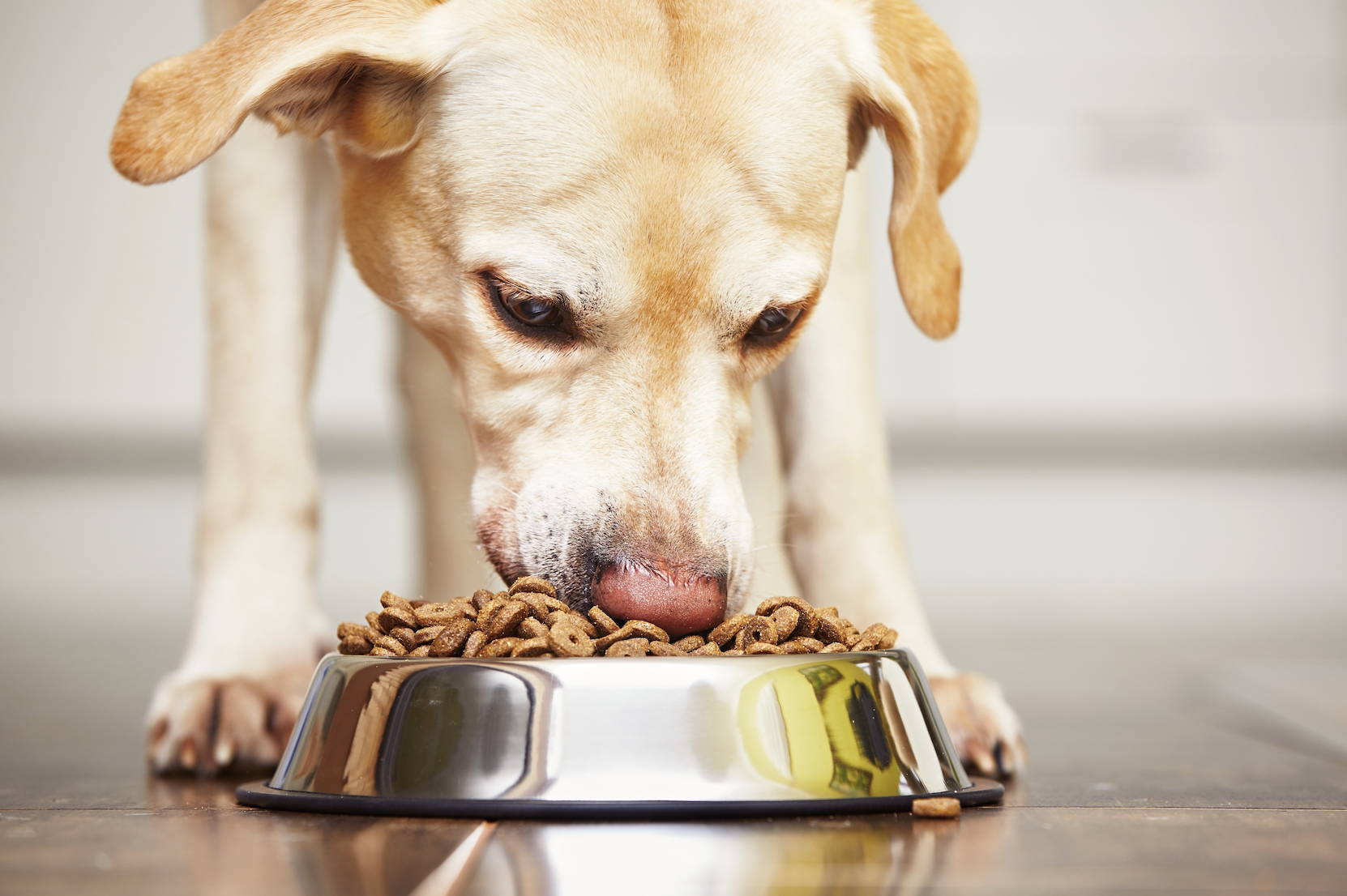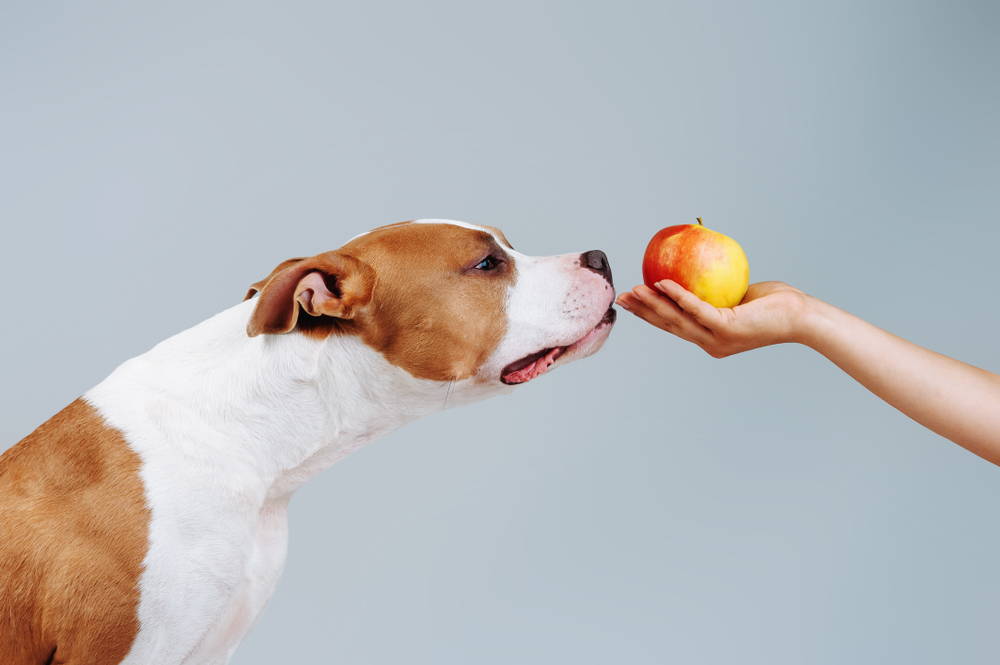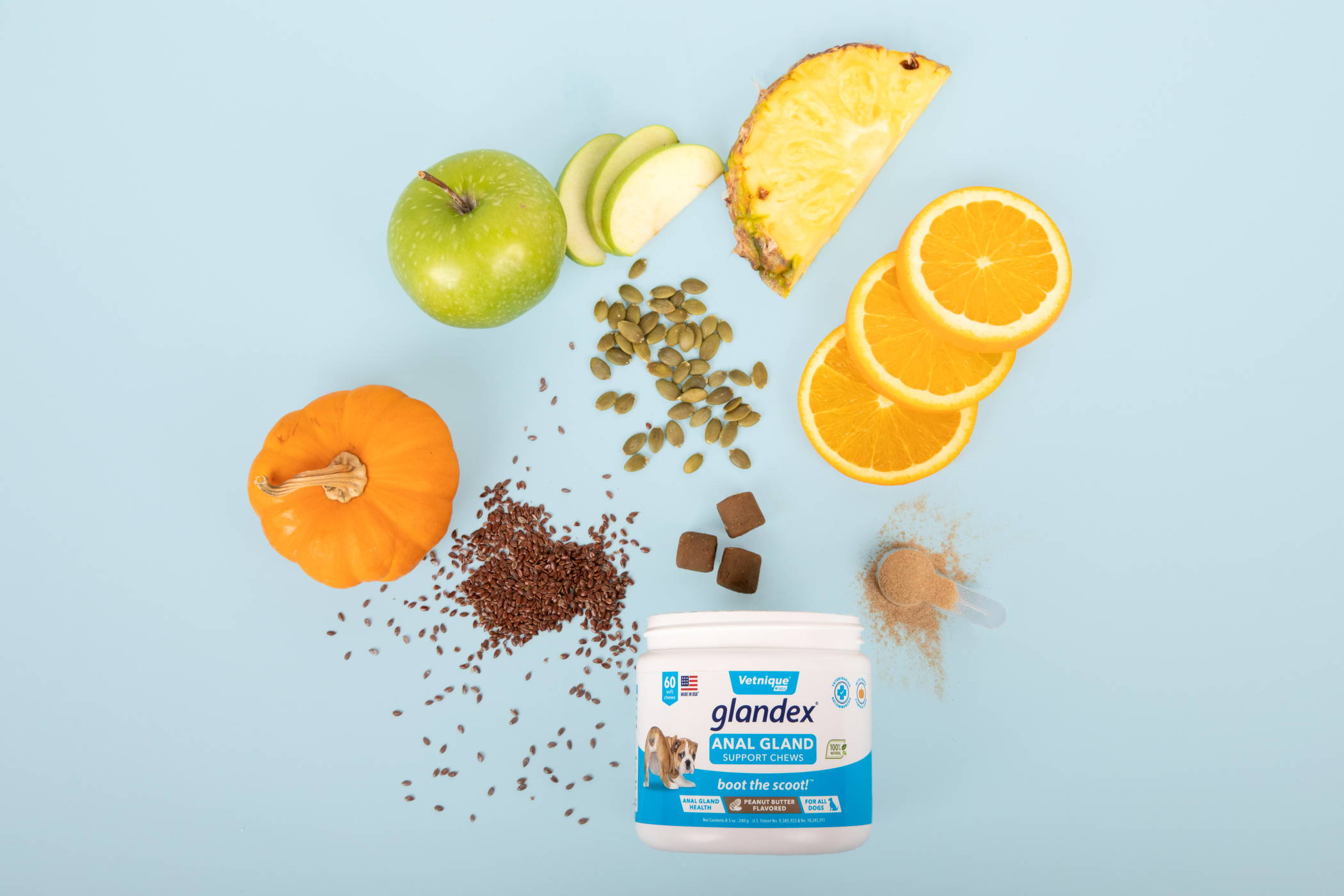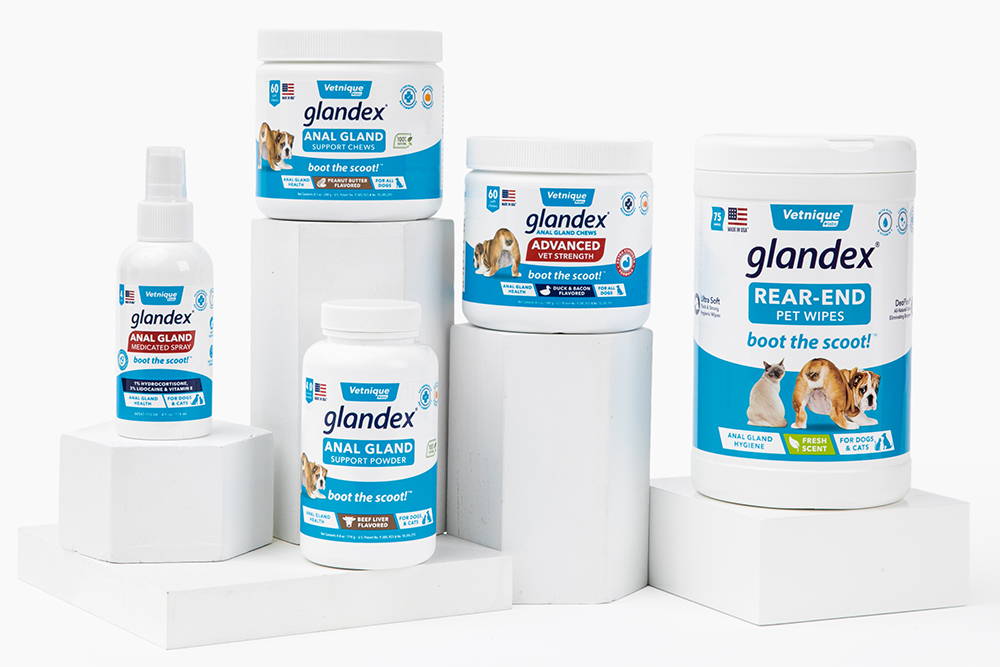How to Add Fiber to Your Dog's Diet - Boosting Your Dog's Health
Written by Dr. James Bascharon

Just like humans, dogs benefit from a balanced diet that includes essential nutrients, and one key element that often gets overlooked is fiber. Fiber plays a vital role in your dog's overall health, and in this article, we'll explore why your canine companion needs fiber, natural sources of fiber-rich foods, and how to recognize if your dog requires more fiber in their diet.
Why Your Dog Needs Fiber
Fiber is often associated with human health, but it's just as crucial for dogs. Incorporating fiber into your dog's diet provides several benefits:
Digestive Health
Fiber aids in regulating bowel movements and promoting a healthy digestive system. It can prevent constipation and diarrhea, common issues in dogs.
Weight Management
High-fiber diets can help your dog feel full with fewer calories, making it beneficial for weight management, especially for dogs prone to obesity.
Blood Sugar Regulation
Fiber can help stabilize blood sugar levels, making it valuable for dogs at risk of diabetes.
Anal Gland Health
Dogs encountering anal gland problems or challenges in bowel movements can find relief through the incorporation of fiber into their diet. Adding fiber can help firm and bulk the stool, which in turn facilitates the proper emptying of the anal glands.
Why Your Dog Needs Fiber
Fortunately, there are plenty of natural, dog-friendly sources of fiber that you can incorporate into their diet:

Vegetables
Carrots, green beans, pumpkin, sweet potatoes, and peas are excellent sources of fiber. These can be cooked, chopped, and mixed into their regular food.
Fruits
Apples (without seeds), blueberries, and bananas (in moderation) can provide essential nutrients and fiber.
Whole Grains
Brown rice and oats are fiber-rich grains that can be added to your dog's diet for an extra boost of fiber.
Canned Pumpkin
Plain, unsweetened canned pumpkin is a superstar for adding both soluble and insoluble fiber to your dog's diet
Recognizing the Need for More Fiber
Understanding whether your dog requires more fiber involves observing their behavior and bodily functions
Irregular Bowel Movements
If your dog experiences frequent constipation or diarrhea, it might be an indication that their diet lacks adequate fiber.
Weight Management Issues
If your dog struggles with maintaining a healthy weight, a fiber-rich diet could help them feel fuller and reduce overeating.
Anal Gland Problems
Recurrent anal gland issues might be eased with a higher fiber intake, as firmer stools can help naturally express the glands.
Considering Fiber Supplements
While incorporating fiber-rich whole foods is ideal, some situations might call for additional support. Fiber-rich supplements, like Glandex soft chews, are designed to improve your dog's digestive health and firm up their stools through the inclusion of both soluble and insoluble fibers. Depending on your dog's needs, Glandex can be taken daily for ongoing support or as-needed to address specific issues.

Conclusion: Fiber-Rich Diets Are Optimal
Prioritizing fiber in your dog's diet is a simple yet effective way to enhance their overall health and well-being. By incorporating natural sources of fiber and considering supplements like Glandex, you can ensure your furry companion enjoys a happy and comfortable life with optimal digestive function. As always, consult your veterinarian before making significant changes to your dog's diet or introducing new supplements.
Last Updated:-12th Oct 2023
Bulk and Firm Your Dog's Stool with Fiber-Rich Glandex.
Boot the Scoot™ with Glandex
Daily Supplements
Daily Powders
Medicated Sprays
Read End Wipes

Money-Back Guarantee










